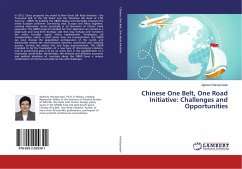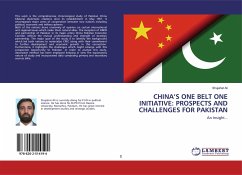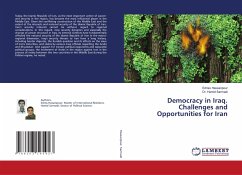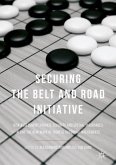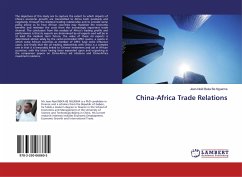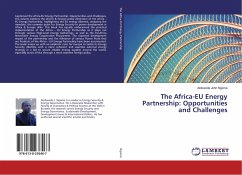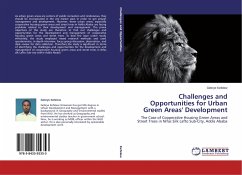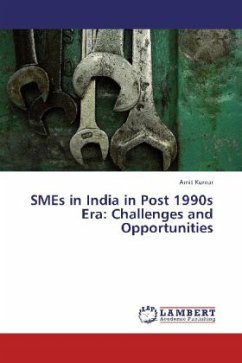In 2013, China proposed the world its New Great Silk Road initiative - the "Economic Belt of the Silk Road" and the "Maritime Silk Road of 21th Century" - OBOR. By building the OBOR, Beijing will essentially integrate the entire Eurasian continent connecting Asia, Europe and Africa together, creating alternative routes practically in all directions of China's trade expansion. The OBOR projects intended for their alignment are viewed as a large-scale and long-term strategic task that may reshape and transform the entire Eurasian region when implemented. Developing rail transportation, which is much faster than sea transportation, the OBOR can even change the geopolitical configuration of the world, and dialectically remove the confrontation between continental and maritime powers, turning the planet into one huge supercontinent. The OBOR intended to be the foundation of a new type of international relations, and its overarching goal is to be an active part in the establishment of a multi-polar world-order. Nonetheless, the diversity and different economic and political situations of countries along the OBOR faces a unique combination of internal and external risks and challenges.
Bitte wählen Sie Ihr Anliegen aus.
Rechnungen
Retourenschein anfordern
Bestellstatus
Storno

